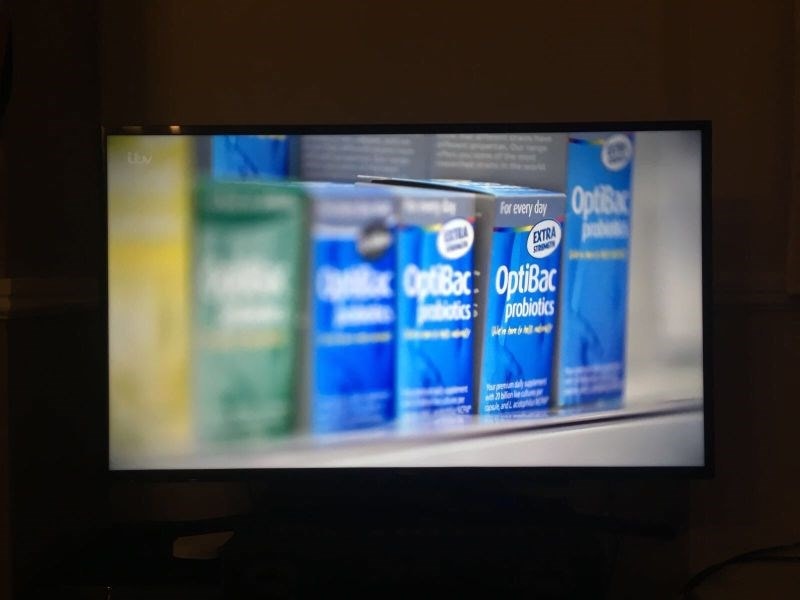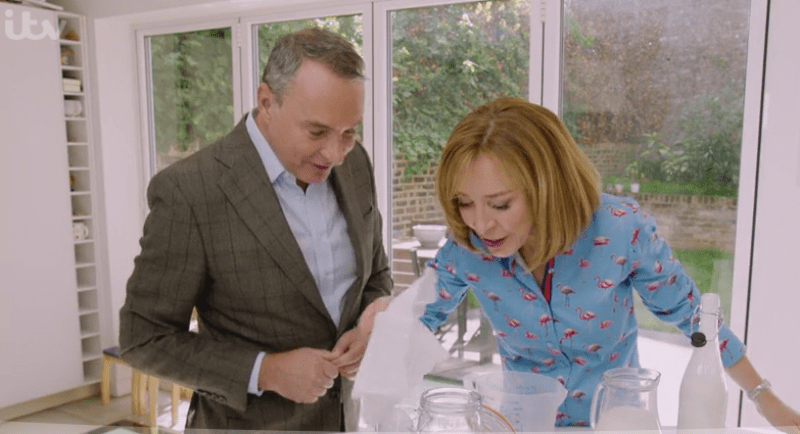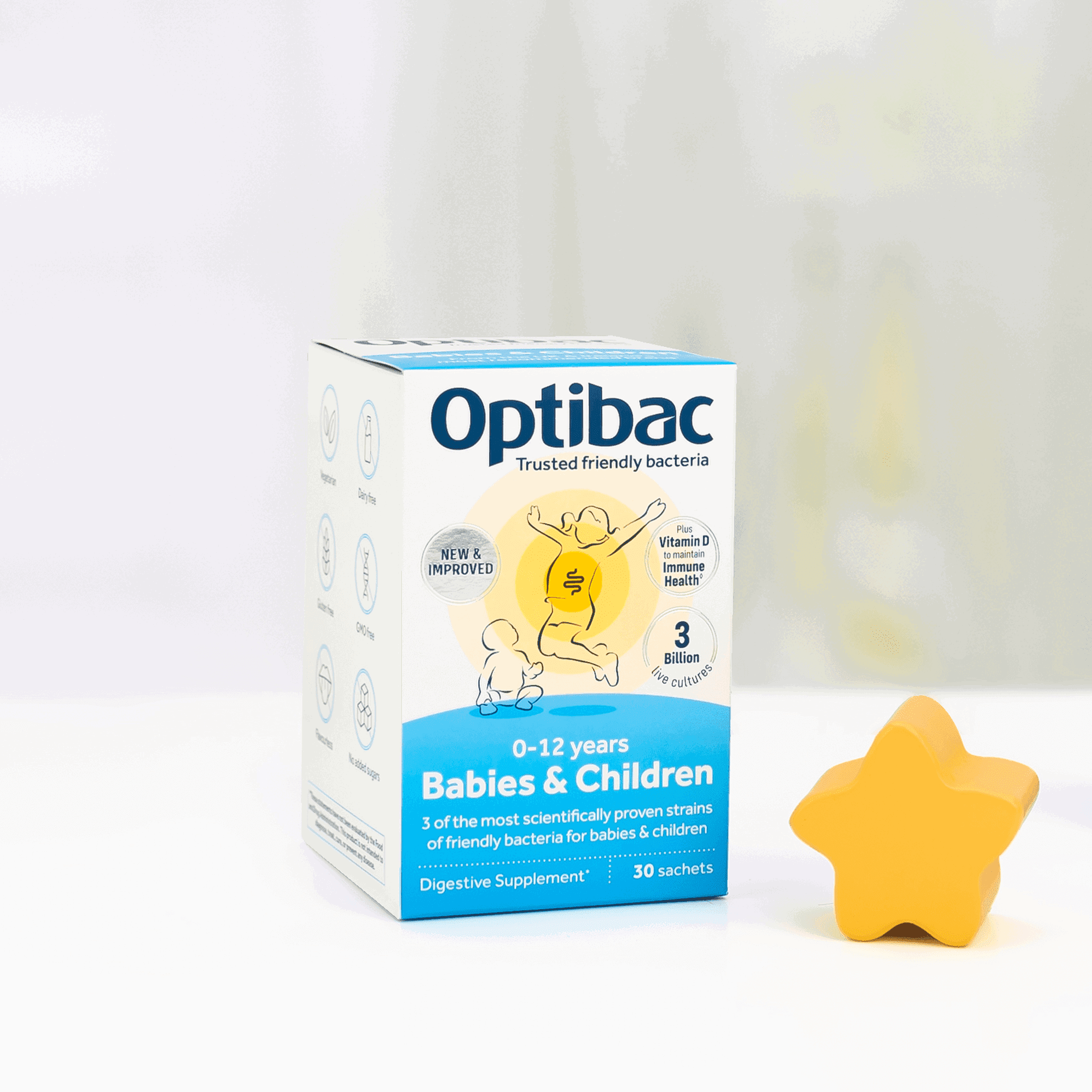- About Us
-
Help
Free 1:1 supplement advice
Not sure which supplement is right for you? Book a free, 15 minute telephone call with one of our nutritional experts.
Book your free consultationGet in touch (Mon to Fri, 9am - 5pm)
Customer Service: +44 (0) 1264 339 770
Order Enquiries: +44 (0) 1264 363 193
Contact us - Stockists
You are on the UK site
Hello US customer, you are currently shopping on the UK site. To ensure you are charged in the correct currency and receive accurate shipping costs, please switch to the US website and re-add your product to your basket.
You're away from FREE UK delivery Free UK delivery (applied at checkout) on orders over £10.00
You have qualified for Free UK delivery
Health News
Review of ITV’s Save Money: Good Diet
Did anyone see ‘Save Money: Good Diet’ on ITV last night? If you did, you’d have seen Optibac featured throughout the programme!
The programme was the second episode in a new series which follows the very popular ‘Save Money: Good Health’ TV show. In this episode of the new series, presenters Sian Williams and Dr. Ranj Singh explored the potential of gut health diets, and whether encouraging the right kinds of bacteria in your intestines could help with weight loss and overall good health. The presenters tried a number of alternatives in an attempt to improve intestinal health, and overall seemed to suggest that it was too difficult (and apparently disgusting!) to eat foods that might encourage a better gut environment, such as kefir and bone broth.

Our thoughts on gut-healthy foods
Dr. Ranj lived exclusively on bone broth for a couple of days and didn't seem to enjoy the experience! Although tests revealed that there was a positive change in the composition of his gut bacteria, therapists would also suggest bone broth to improve gut health because it contains collagen and other substances which can help to heal a damaged intestinal wall. Many factors can result in damage to the gut wall and this can affect digestive function. As a therapist, unless it’s been decided that it’s appropriate for an individual to embark on a severely restricted diet, I’d recommend that bone broth is incorporated as just one of many foods typically used in a gut-healing protocol rather than eaten as a sole food source. Plus bone broth is nothing new – our ancestors have been eating broth for centuries, and I can tell you, it can be delicious! Vegetarians can find collagen in eggs, if you're looking for a meat-free alternative.
'Save Money: Good Diet' presenter, Sian Williams, tried fermented milk, or kefir, and also made it seem like quite a chore to eat! She didn’t get on well with it and experienced a few unpleasant side effects. We'd say that often these initial reactions to dietary changes can settle down after a day or two; however, in Sian's case, she struggles to tolerate dairy and although fermented dairy products can often be easier to digest, if you're really dairy-intolerant then you may be better advised to choose a different type of fermented food. Though there didn’t seem to be a measurable increase in her levels of good bacteria, in general, we’d say that fermented foods can be a useful source of live cultures in the diet. But these shouldn’t be viewed as a ‘medicine’ to be forced down daily – it’s important for digestion to enjoy the foods that you eat so find one or two (or more!) fermented foods you enjoy – there’s plenty to choose from and then eat these as and when you wish as part of a varied diet.

Gut health and weight loss
The programme also focused on different ways of trying to improve gut health, and in doing so, to also encourage weight loss. There’s currently a huge interest in the way that our gut bacteria might affect our ability to lose weight.
To test this theory, a group of women who wanted to lose weight tried a variety of different diets, which were also designed to help improve gut health and positively influence the type of bacteria living in the intestines. The diets - 'The G Plan Diet', 'The 28 Day Gut Health Plan', and 'The Gut Makeover' - all yielded good weight loss results and, by using breath and stool tests, it was seen that most diets resulted in an increase in more beneficial bacteria, or a decrease in less desirable bacteria. But this is no surprise, as we all know that our diet has a huge influence in encouraging certain types of bacteria – if you want to encourage ‘friendly microflora’, then you’ll need to eat lots of foods containing Fructooligosaccharides (a food source for your body's live cultures). On the other hand, if you’re constantly munching on sugars and processed foods, you’ll be encouraging pathogenic microorganisms, the ‘bad guys’!
To sum up, we think it’s fab that mainstream TV is highlighting the importance of our good gut health and our gut microbiome to many areas of health, including weight management. We’d say that it’s really important to recognise the significance of your diet in doing this, but that it’s also sensible to use the available research to use the correct strains of live cultures to support your individual health priorities, and to make sure (if choosing a supplement) that you use a brand that uses very well-researched strains of bacteria.
Popular Articles
View all blogs-
Lifestyle02 May 2023
-
Suitability13 Dec 2024
.png?lang=en-GB)



